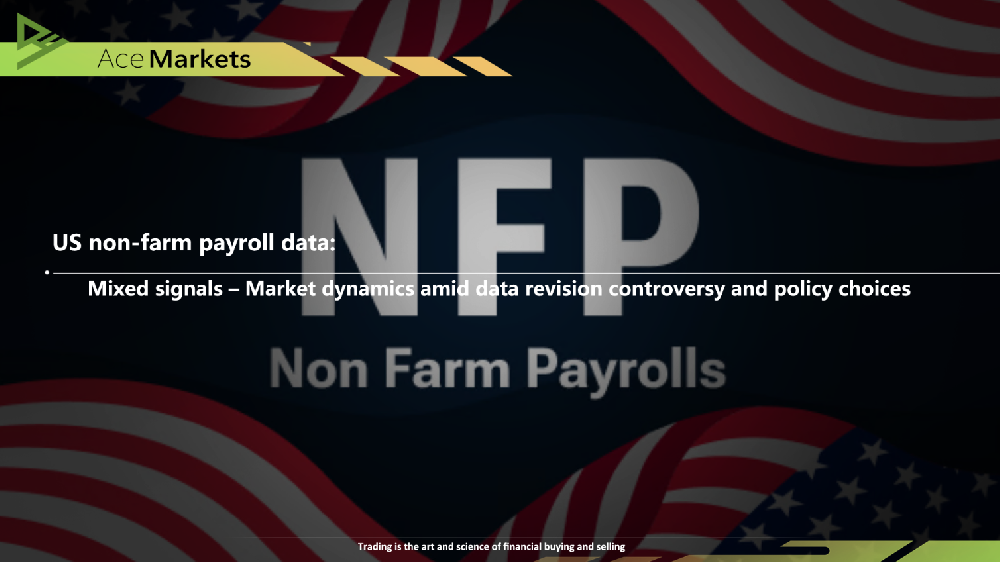 summary:
ACE Markets, a platform focused on providing premium trading services to retail and instit...
summary:
ACE Markets, a platform focused on providing premium trading services to retail and instit... ACE Markets, a platform focused on providing premium trading services to retail and institutional clients, is positioned as a financial ecosystem built by traders for traders. The platform's core competitive advantages lie in its superior trade execution, competitive spreads, and robust security measures, aiming to help users achieve their wealth growth goals.
I. Analysis of Core Functions and Technological Advantages
At the trade execution level, ACE Markets offers industry-leading ultra-low spreads, significantly reducing users' trading costs. When trading forex or CFDs, users can enter the market with a lower barrier to entry, thereby improving capital efficiency. The platform employs a high-speed order processing system, matching market and pending orders in milliseconds to minimize slippage risk and ensure trades are executed at the expected price. For high-frequency quantitative traders, this low-latency characteristic allows for precise capture of arbitrage opportunities amidst market volatility.
To support the development of the quantitative trading ecosystem, the platform provides multi-dimensional data access interfaces and API support, compatible with mainstream programming language development environments. Fintech developers can quickly deploy automated strategies through the open SDK, while experienced researchers can utilize historical backtesting tools to verify the effectiveness of algorithms. Notably, ACE Markets Limited holds company registration number 16042. This compliance qualification provides fundamental legal protection for high-frequency trading teams.
II. In-depth analysis of differentiated competitive advantages
Compared to traditional trading platforms, ACE Markets has three unique advantages: First, its risk control model, designed by a professional trading team, monitors abnormal trading behavior in real time, reducing the probability of margin calls under extreme market conditions; second, it has outstanding cross-asset class coverage, supporting simultaneous operations on diversified instruments such as forex, stock indices, and commodities, meeting the needs of complex arbitrage combinations; and third, a dedicated account manager is available 24/7 to assist in solving technical problems from account opening to strategy optimization.
In terms of security mechanisms, the platform employs a cold and hot wallet separation storage solution and introduces a third-party auditing firm to regularly verify the flow of funds. This dual protection system not only avoids asset losses caused by hacker attacks but also eliminates users' concerns about liquidity crises. Data shows that this architecture has kept customer fund retention rates above 98% for a long time.
III. Practical Guidelines and Risk Warnings
New users must complete KYC Level 3 verification to activate all functional modules. High-frequency trading teams are advised to prioritize applying for white-label customized services to obtain dedicated server resources and a dedicated IP address range, further reducing network transmission time to single-digit millisecond levels. When using the Strategy Accelerator for algorithmic trading, it is essential to set dynamic take-profit and stop-loss thresholds to avoid cascading liquidations triggered by black swan events.
Regulatory compliance is a critical area that must be closely monitored. While platforms claim to adhere to international anti-money laundering standards, different jurisdictions have varying limits on leverage. For example, the maximum leverage in the EU is only 30 times, while offshore accounts can reach 500 times. It is recommended that multinational operations teams consult with local legal counsel in advance to avoid policy red lines. Furthermore, extreme market conditions may lead to price discrepancies; in such cases, backup data center switching plans should be activated to ensure strategy continuity.
IV. Future Evolution Direction Foresight
With the rise of the DeFi ecosystem, ACE Markets has launched a hybrid clearing protocol development program, aiming to bridge the funding gap between centralized exchanges and decentralized finance scenarios. This will allow quantitative researchers to build cross-chain arbitrage matrices, theoretically potentially doubling annualized returns. Furthermore, according to an internal roadmap, a quantum-resistant encryption algorithm upgrade module will be launched before 2026, at which time all trading instructions will require lattice cryptographic verification, fundamentally eliminating the risk of RSA brute-force attacks.










